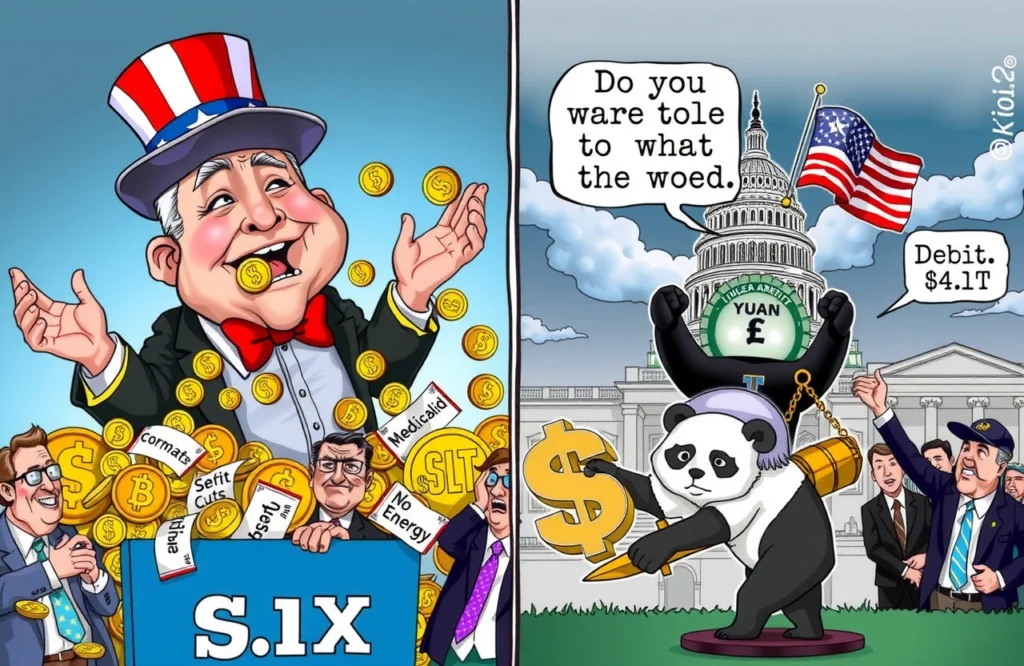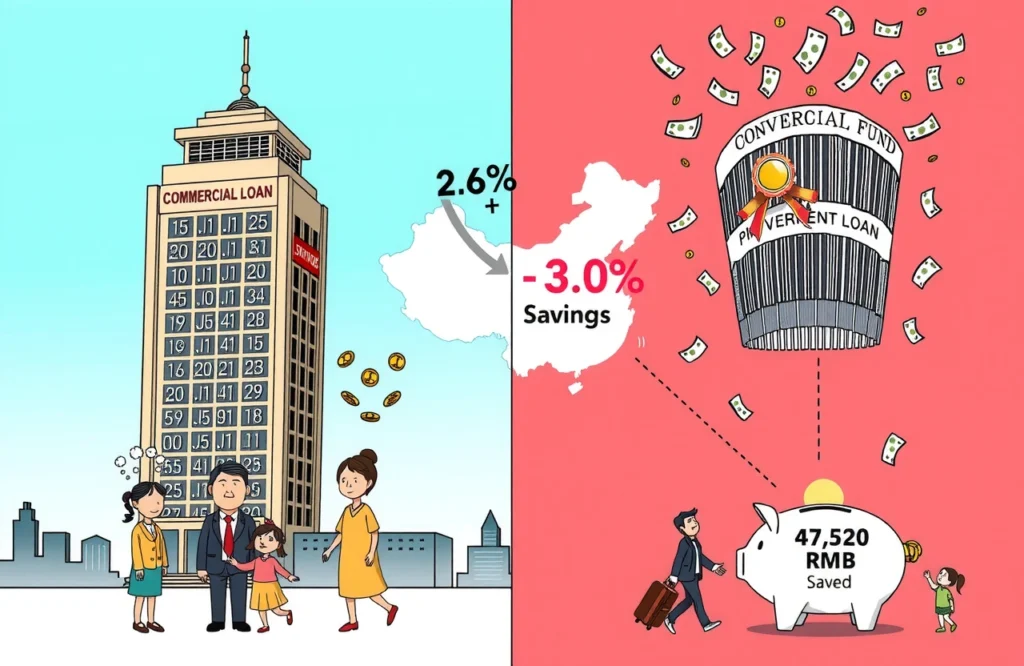– Meituan strikes back with 120M daily orders after Alibaba’s Taobao Quick Buy subsidy announcement
– Alibaba pledges $69B subsidies over 12 months to capture immediate retail dominance
– Consumers flood social media with #KeepFighting hashtags amid unprecedented discounts
– Merchants report 50% order surges but warn of subsidy fatigue and operational strain
The Food Delivery War Ignites
China’s food delivery landscape erupted in July 2025 as Alibaba and Meituan escalated their battle for market dominance. When Alibaba’s Taobao Quick Buy announced plans to hit 90-100 million daily orders through aggressive subsidies, Meituan responded with an unexpected midnight announcement: 120 million daily orders achieved on July 5. This food delivery war represents more than corporate rivalry—it’s a strategic pivot toward integrating immediate retail, e-commerce, and services into one consumption ecosystem. With consumers enthusiastically cheering “keep fighting” across social platforms, this conflict redefines how Chinese households access goods and services.
Strategic Battle Lines Emerge
The Race for Orders
Taobao Quick Buy accelerated rapidly since its April 30 launch, hitting key milestones:
– 10M orders within six days
– 60M orders by June 23
– Targeted 90M-100M July 5 peak
Data reveals subsidy impacts:
– Chain restaurant sales up 170%
– Afternoon tea orders increased 150%
– Midnight snack demand surged 170%
Corporate Motivations
Alibaba CEO Eddie Wu (吴泳铭)’s merger of Ele.me and Flignt into e-commerce signals strategic alignment for this food delivery war. As Jiang Fan (蒋凡) stated, immediate retail boosts user engagement and upgrades business models. Meanwhile, Meituan founder Wang Xing (王兴) declared readiness for “all-out competition,” reflecting the pressure facing China’s delivery pioneer.
Tactical Weapons: Subsidies and Scale
The Subsidy Arms Race
Alibaba’s 50 billion yuan ($6.9B) subsidy pledge triggered rapid responses:
– Meituan scheduled emergency leadership meetings
– Subsidy values tripled overnight
Merchant impact:
– 15元减13元 discounts increased to 25元减21元
– Platform-covered costs rose from 70% to 85%
Operational Backlash
July 5th saw:
– “Meituan crashed” trending nationally
– System overloads during evening peak
– Compensation coupons issued
According to Zhuang Shuai (庄帅), founder of Bailian Consulting, seasonal factors amplified demand: “Summer heat, rainy season, and school holidays create perfect immediate retail conditions.”
Consumer Reactions Fuel the Fire
Social media exploded with food delivery war commentary:
– Pre-orders scheduled through July 8 flooded Weibo
– #KeepFightingDontStop hashtag trended
– Fridge-stocking memes went viral
One Beijing user posted: “My refrigerator overfloweth! Continue fighting absolutely don’t pause!” while others lamented missing “epic coupon opportunities.” This enthusiasm highlights immediate retail’s cultural penetration—but Chen Liteng, analyst at NetEase E-commerce Research Center warns: “Consumers develop price dependency that risks waste when subsidies cease.”
Merchant Perspectives
Merchants reported dramatic shifts:
Case Study: Sushi Shop (Xiamen)
– Owner Chen Chen (化名)
– Pre-war average: 200 daily orders
– Post-subsidy: 300 orders (+50%)
– Missed peak closure regret: “Feeling like I lost 100 million”
Case Study: Zongzi Shop (Quanzhou)
– Owner Li Qi (化名)
– Normal orders: 15 daily
– Battle orders: 22 daily
Despite volume gains, merchants revealed:
– Platform subsidy negotiations creating tension
– Forced cost-sharing consumes thin margins
– Operational challenges scaling quickly
Industry-Wide Implications
Market Expansion
This food delivery war occurs amid industry transformation:
– China’s immediate retail market reached $900B in 2024 (28% YoY growth)
– Platforms now pursuing integrated “retail + e-commerce + service” models
Guo Tao, researcher at ECEC highlights competition shift: “Victory now requires synchronous optimization of supply chains, instant delivery, and user experience—not just discount-level competition.”
Regulatory Caution
May 2025 saw regulators intervene:
– SAMR warnings about “disorderly competition”
– Joint platform enterprise oversight established
Industry analyst Chen Liteng urges technological innovation over capital wars: “Ecosystem health requires upgrading operational efficiency rather than endless subsidies.”
The Future Beyond Battle
While consumers continue chanting “keep fighting,” sustainable models must emerge. Winning this food delivery war demands smarter strategies: differentiated service tiers, localized logistics optimization, and AI-driven personalization. Merchants should strategically manage multi-platform exposure during subsidy waves while consumers can maximize advantages responsibly. Ultimately, China’s delivery revolution should empower—not exhaust—all participants. Evaluate apps today: Where will your loyalty lie when subsidies fade into operational excellence?




